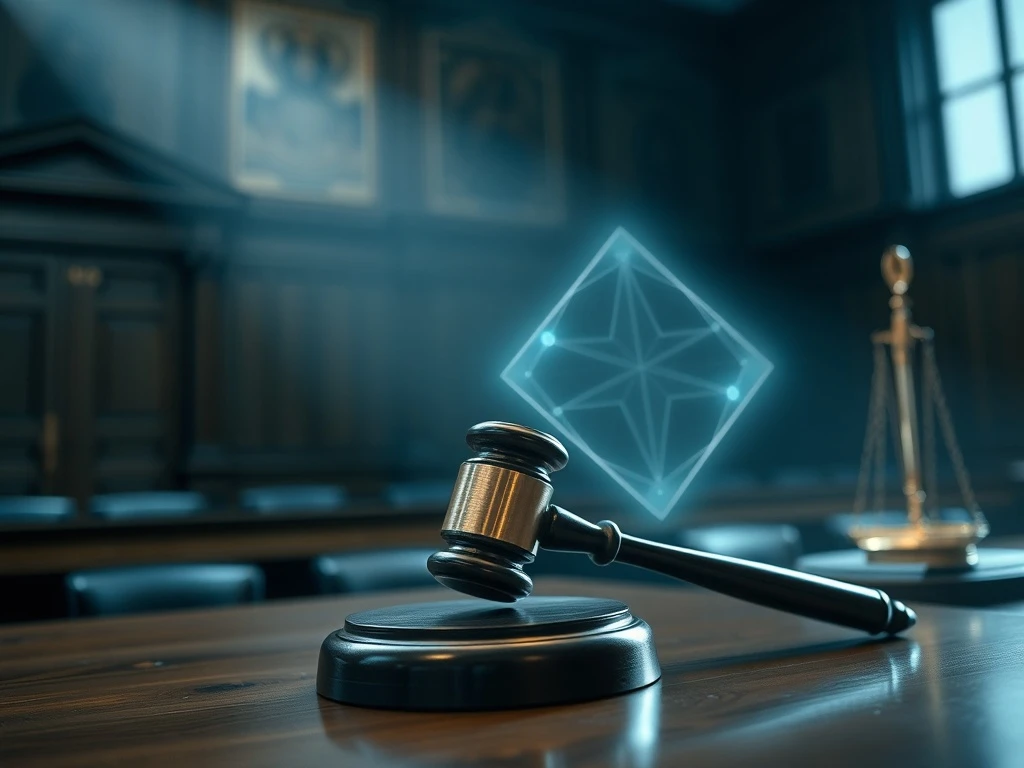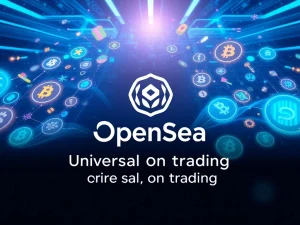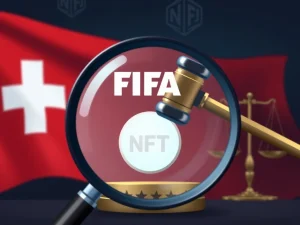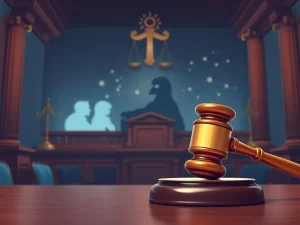Shocking Reversal: Federal Appeals Court Overturns NFT Insider Trading Conviction

In a stunning development that could reshape crypto regulation, a federal appeals court has overturned the NFT insider trading conviction of former OpenSea manager Nathaniel Chastain. This landmark decision exposes critical gaps in applying traditional financial laws to blockchain markets.
Why the NFT Insider Trading Conviction Was Overturned
The U.S. Court of Appeals for the Second Circuit ruled that:
- The jury received improper instructions about what constitutes fraud
- The information used wasn’t clearly “material” under existing laws
- No direct link was proven between the information and trades
OpenSea’s Role in the Crypto Legal Standards Debate
The case centered on whether Chastain’s access to OpenSea platform data gave him unfair NFT trading advantages. The court’s decision suggests:
| Traditional Markets | Crypto Markets |
|---|---|
| Clear insider trading rules | Ambiguous information boundaries |
| Centralized information flow | Decentralized data distribution |
Blockchain Regulation Faces New Challenges
This ruling creates significant implications:
- Prosecutors may struggle with similar cases
- Platforms need clearer transparency policies
- New legal frameworks may be required for digital assets
What This Means for Crypto Investors
While Chastain avoids prison, the case highlights:
- The speculative nature of NFT markets
- Need for investor education about platform risks
- Growing pains in blockchain regulation
This landmark decision forces regulators to confront whether decades-old financial laws can effectively govern revolutionary blockchain technology. As crypto markets evolve, so too must the legal standards that aim to protect them.
Frequently Asked Questions
What was Nathaniel Chastain originally convicted of?
He was found guilty of wire fraud and money laundering for allegedly using non-public OpenSea information to profit from NFT trades.
Why did the appeals court overturn the conviction?
The court ruled the jury instructions were flawed and the prosecution didn’t sufficiently prove the information met legal standards for materiality.
Does this mean insider trading is legal in crypto?
No, but it shows current laws may not clearly address crypto market dynamics. Regulators will likely push for updated frameworks.
How might this affect OpenSea?
The platform may face pressure to improve transparency about how internal decisions could affect NFT values.
What’s next for crypto regulation?
This case highlights the urgent need for laws that account for blockchain’s unique characteristics while maintaining market integrity.








